
Germany is a country located in Central Europe. Germany has a rich cultural heritage, known for contributions to philosophy, music, literature, science, and technology. It has the largest economy in Europe and the fourth largest globally. It is also known for its engineering, automotive industry, chemical, and pharmaceutical sectors.
Why Study in Germany
Choosing a study destination is a pivotal decision in your academic journey. Here’s why Germany stands out as a top choice for international students:

- World-Class Education
- Affordable Education
- Research & Innovation
- Diverse Range of Programs
- Strong Economy and Job Market
- Cultural Diversity and Quality of Life
- Central Location in Europe
- Support for International Students
Career Insights

Key industries include automotive manufacturing (with companies like Volkswagen, BMW, and Mercedes-Benz), engineering, chemicals, pharmaceuticals, machinery, and technology.
Germany has a strong education system, offering free or low-cost education at public universities for both domestic and international students.
- Germany is known for its high standard of living, excellent healthcare system, efficient public transportation, and social security benefits.
- Cities like Berlin, Munich, Hamburg, and Frankfurt offer vibrant cultural scenes, historical landmarks, and recreational opportunities.
- German is the official language of Germany, although English is widely spoken and understood, especially in major cities and among younger generations.
Cost of Education in Germany
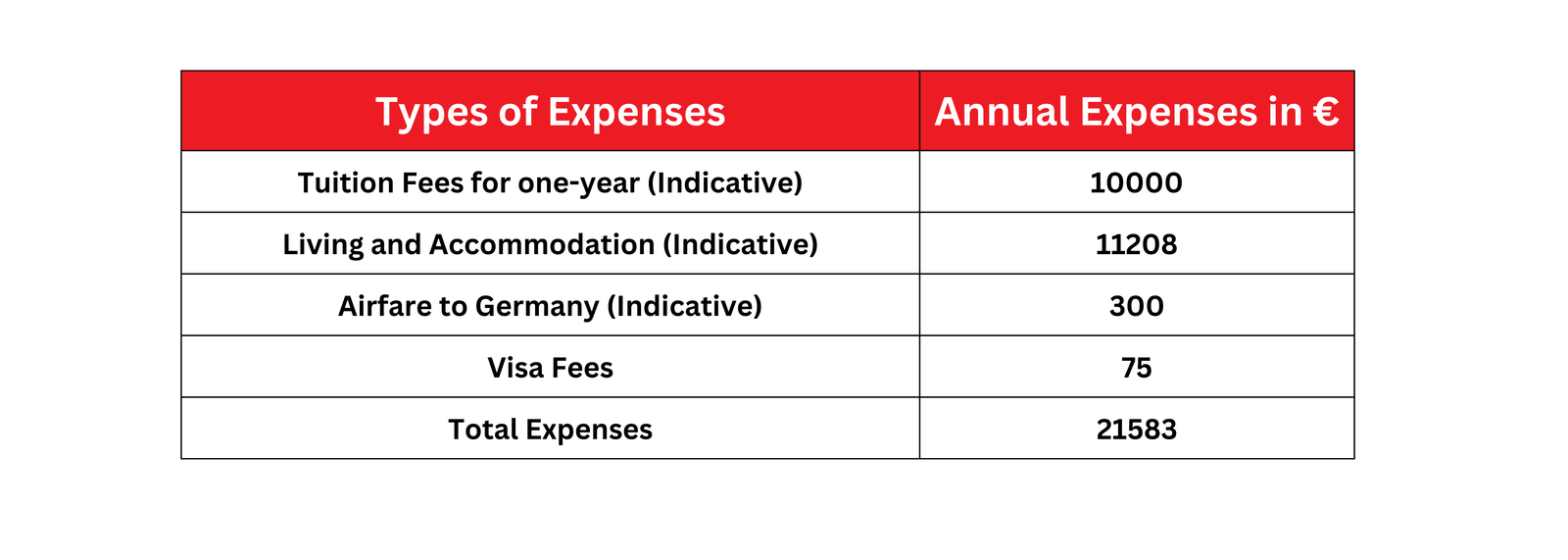
Public Universities

Ludwig Maximilian University of Munich (LMU Munich)

Heidelberg University

Technical University of Munich (TUM)

Humboldt University of Berlin

Freie Universität Berlin (Free University of Berlin)

University of Freiburg

University of Bonn

RWTH Aachen University

University of Tübingen

University of Göttingen
Private Universities

Jacobs University Bremen

SRH Hochschule Berlin

ESCP Business School
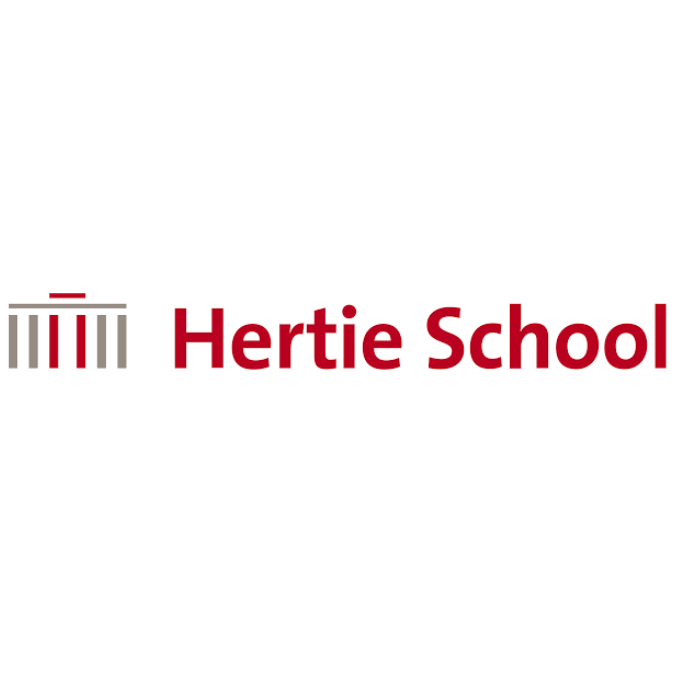
Hertie School of Governance

Berlin International University of Applied Sciences

Bard College Berlin

GISMA Business School

International School of Management (ISM)

University of Witten/Herdecke

European School of Management and Technology (ESMT Berlin)
Popular courses in Germany:
- Business Administration and Management
- Engineering and Technology
- Natural Sciences
- Environmental Sciences and Renewable Energy
- Law
- Computer Science and Information Technology
- Medicine and Healthcare
- Social Sciences
- Humanities and Arts
- Architecture
Everything about Study in Germany
- German: TestDaF (Test Deutsch als Fremdsprache), DSH (Deutsche Sprachprüfung für den Hochschulzugang), or Goethe Certificate.
- English: TOEFL (Test of English as a Foreign Language), IELTS (International English Language Testing System) , GRE (Graduate Record Examination) or GMAT.
- Studienkolleg prepares international students for the Feststellungsprüfung (assessment examination). Passing this exam is necessary to qualify for admission to a German university, especially for students whose secondary school qualifications do not directly qualify them for university admission in Germany. Studienkolleg programs typically include intensive language courses (German), as well as subject-specific courses depending on the intended field of study (e.g., mathematics, physics, social sciences).
Eligibility Criteria – Bachelors & Masters
- HSC + 1 year University (13 Years of Education) — Bachelor‘s Degree (only Eng.)
- 15/16 Year of Education — Master Degree
- Admission Criteria for English-taught programs at Public Universities:
- 80% or equivalent CGPA for English-taught programs.
- IELTS 6.5 or TOEFL/PTE for English-taught programs
- Admission Criteria for German-Taught Programs at Public Universities:
- 65% or equivalent CGPA with no tuition fees.
- Proficiency in German (B2 or C1 level).
- Admission Criteria for Private Universities:
- 60% or equivalent CGPA with tuition fees.
- IELTS 6.0 for English-taught programs at private universities.
- Certified Copies: Certified copies of your secondary school leaving certificate and transcripts.
- Language Certificates: Proof of language proficiency.
- Motivation Letter: A statement of purpose explaining why you want to study the chosen program and how it aligns with your career goals.
- CV/Resume: A detailed CV outlining your academic and extracurricular activities.
- Passport Copy: A copy of your passport.
- Letters of Recommendation: Some programs may require letters of recommendation from teachers or professionals.
- APS form is needed
BLOGS
Success Stories







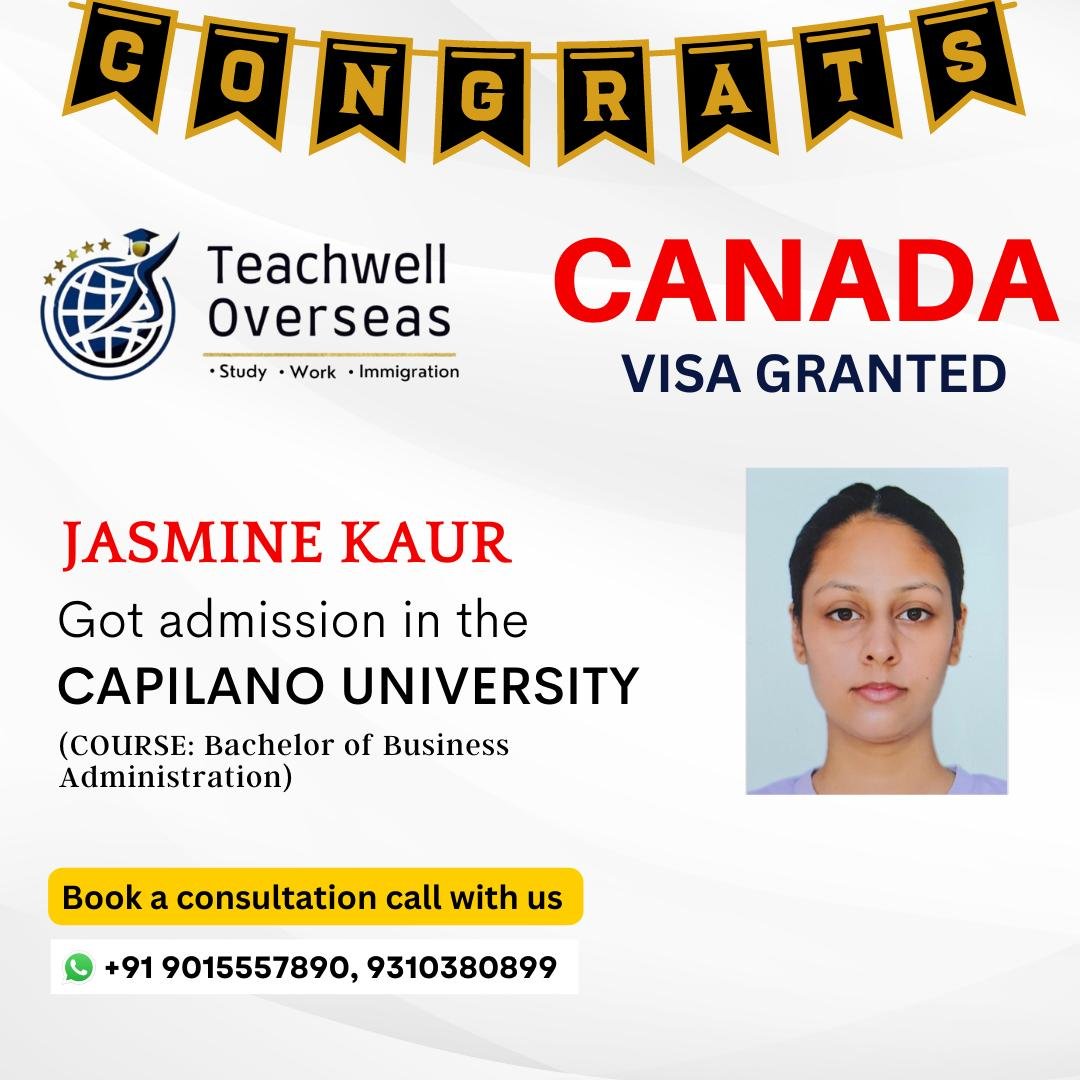






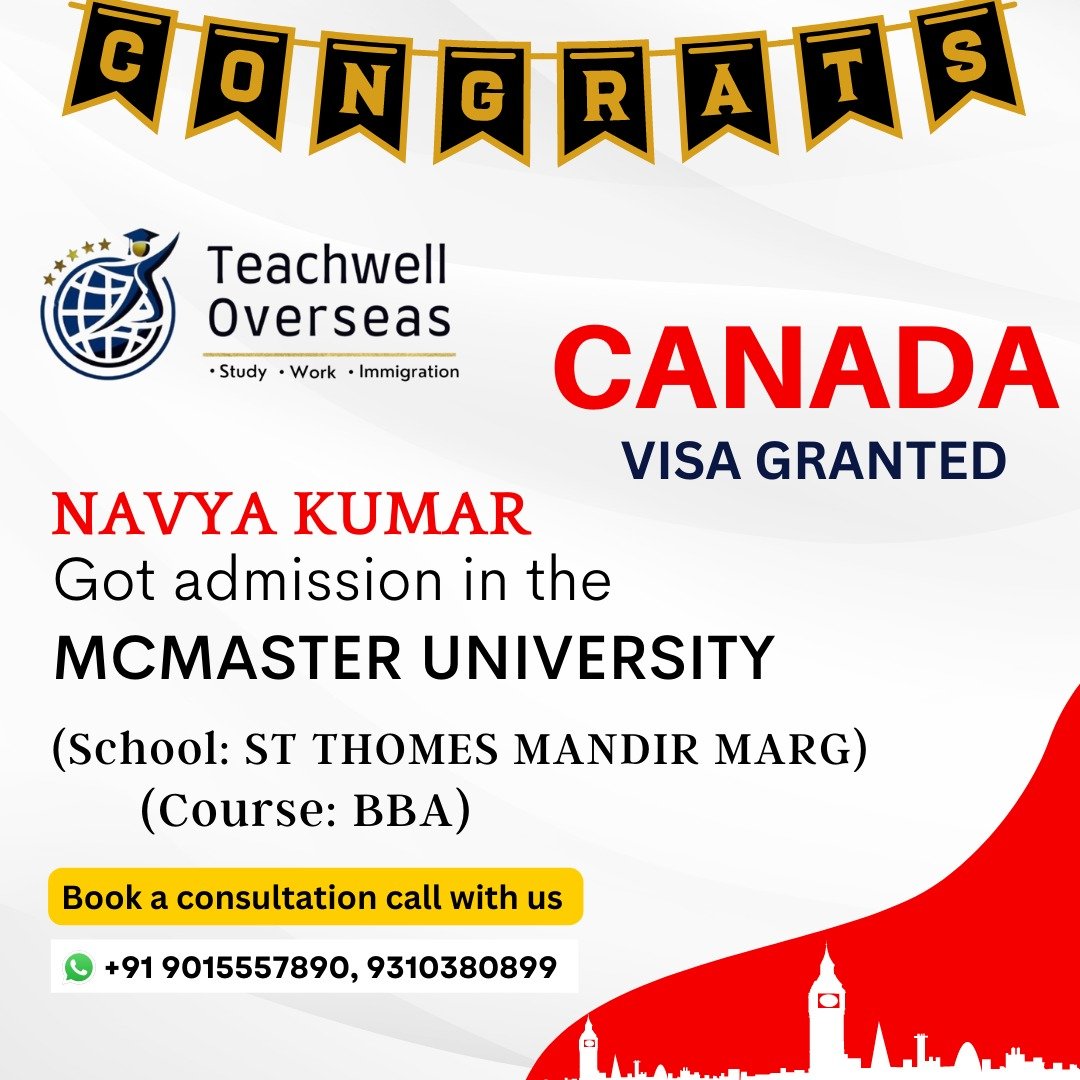

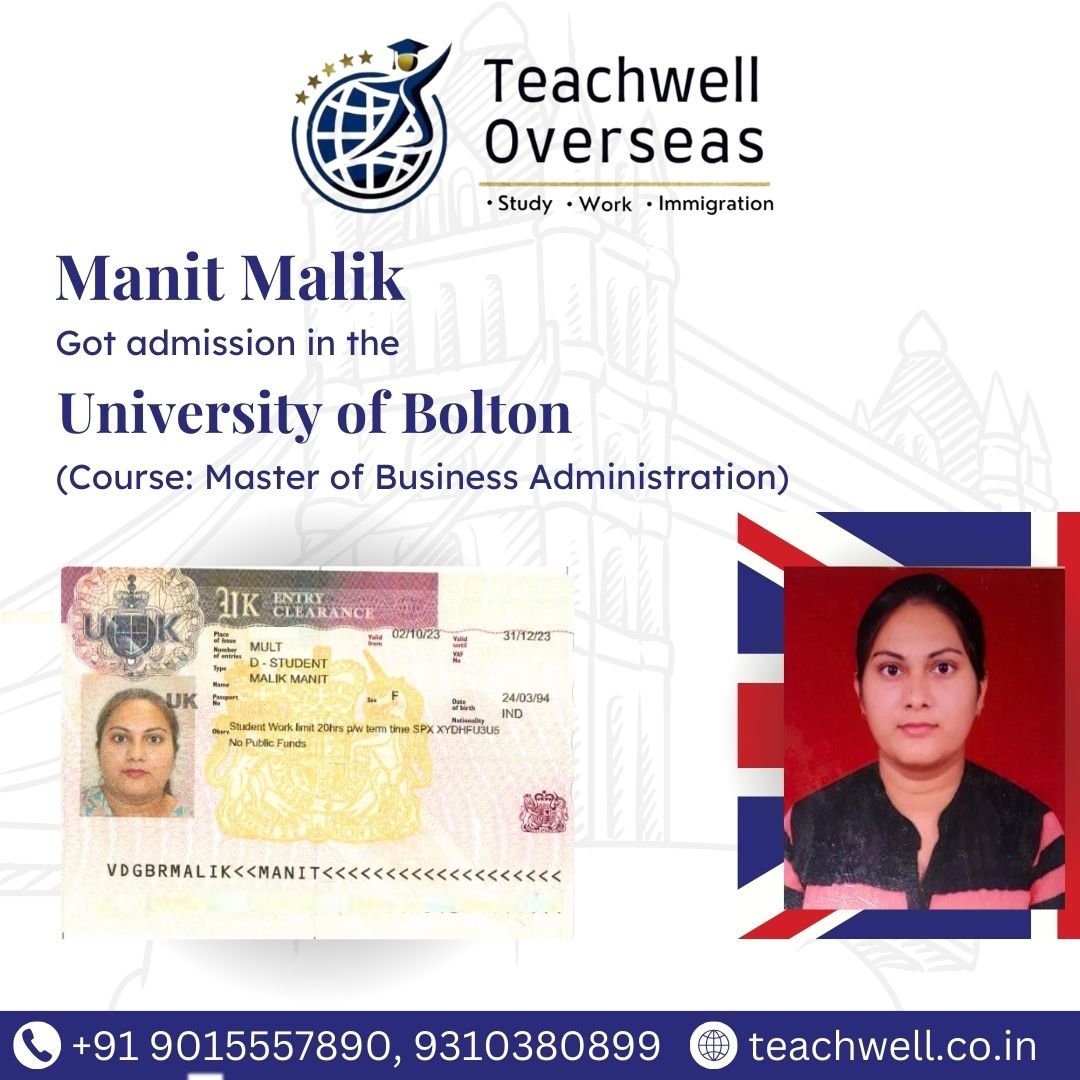




Latest Videos
Study in Germany for a world-class education and unparalleled opportunities. With Teachwell Overseas, secure scholarships through our expert guidance and application support. As a leading study abroad consultant, we help you easily navigate the process. Additionally, Germany is renowned for its free public universities and esteemed private universities. Invest in your future with Teachwell Overseas now.”
Book Your FREE Demo Class!




